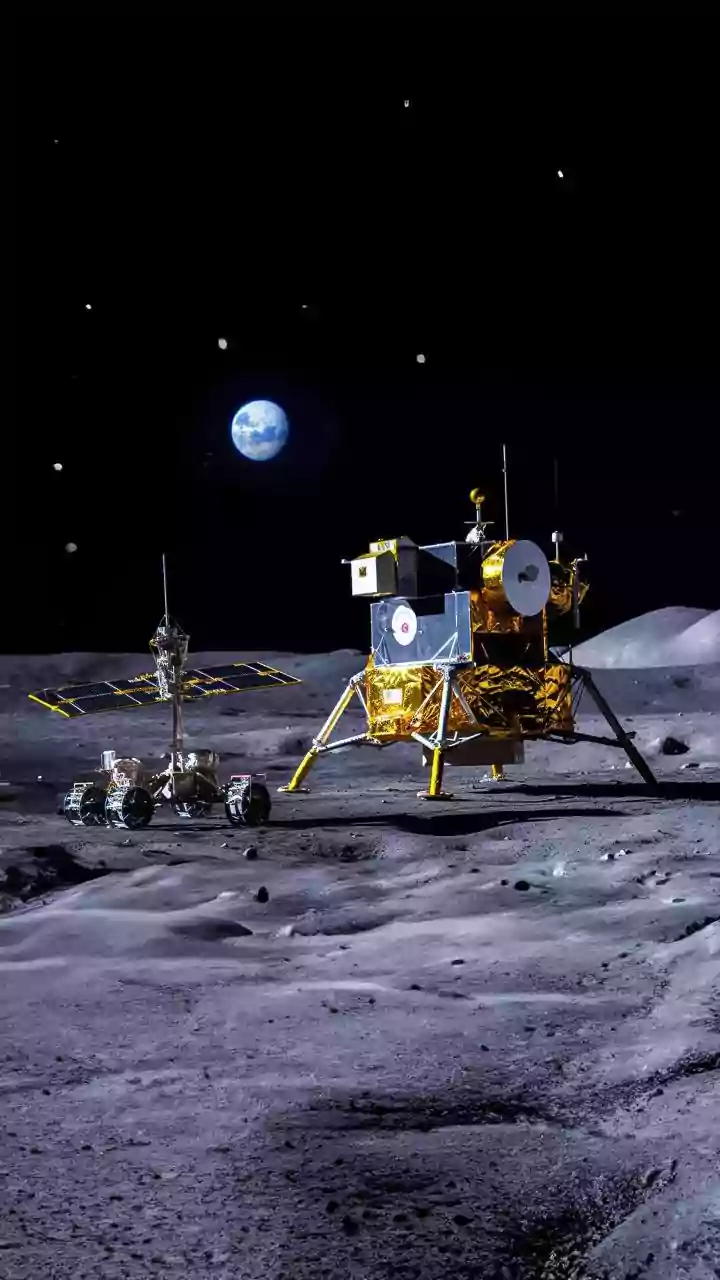The Nature of Reality
One of the most profound questions centers around the true nature of reality itself. What we perceive as the physical world might be far more complex than
we currently grasp. Scientists are grappling with whether our reality is fundamentally objective and absolute or if it is instead a product of our perception, or, even more radically, a simulation. Quantum mechanics, with its mind-bending concepts like superposition and entanglement, further complicates this. The double-slit experiment, for instance, challenges our intuitive understanding of how particles behave, suggesting that observation itself can influence reality. The exploration of this complex subject continues with physicists and philosophers alike proposing different theories from the multiverse to the holographic principle, each trying to make sense of the universe around us.
The Origin of Life
The origins of life on Earth, often termed abiogenesis, remains a fundamental mystery. While we understand the basic processes of life, we still don't completely understand how non-living matter became living. The Miller-Urey experiment, conducted in 1952, provided the first evidence that organic molecules could form from inorganic substances under the conditions of early Earth. However, the precise steps required to create self-replicating molecules and organized cells remain elusive. Scientists are exploring various hypotheses, including the RNA world hypothesis, which suggests that RNA, rather than DNA, was the primary form of genetic material early on. Also, the search for life elsewhere in the universe has become critical because it could offer insights into how life originated on Earth. Detecting life on other planets could allow scientists to get a better understanding of the origin of life and its possible evolution.
The Consciousness Puzzle
What is consciousness, and how does it arise from the physical processes of the brain? This is perhaps the biggest question. The brain is the most complex structure known to us, and the subjective experience of consciousness, often called qualia, remains deeply mysterious. How do physical processes give rise to feelings, thoughts, and self-awareness? The 'hard problem of consciousness,' as philosopher David Chalmers termed it, focuses on the gap between objective, physical phenomena and the subjective, qualitative experience of being. Scientists are exploring the brain's network, working to understand neural correlates of consciousness. Some theories propose that consciousness arises from integrated information, while others suggest that it may be a fundamental property of the universe, just like gravity or electromagnetism. Current studies are focused on how the mind and body are related.
The Dark Universe
Dark matter and dark energy together make up about 95% of the universe's total mass-energy density, yet we do not know what they are. Dark matter's existence is inferred from its gravitational effects on visible matter, such as the rotation curves of galaxies and the gravitational lensing of light. But scientists have not been able to directly observe dark matter particles. Numerous experiments are underway to detect these elusive particles, including those seeking Weakly Interacting Massive Particles (WIMPs) or axions. The even more mysterious dark energy is thought to be causing the accelerated expansion of the universe. The nature of dark energy could be a cosmological constant, the intrinsic energy density of space itself, or something else entirely, like a dynamic field that changes over time. Unraveling the nature of dark matter and dark energy is a key to understanding the universe's ultimate fate.
The Limits of Physics
Our current understanding of physics is based on two main frameworks: the Standard Model of particle physics, which describes the fundamental forces and particles, and the theory of general relativity, which describes gravity and the structure of space-time. However, these two frameworks are, in some ways, incompatible. The search for a unified theory that can reconcile these two pillars of physics is one of the most important endeavors in modern science. One major attempt is string theory, which proposes that fundamental particles are not point-like but are vibrating strings. Other ideas like quantum gravity and loop quantum gravity are also trying to blend these two. Finding an answer might give us insight into the very beginning of the universe and how the forces of nature work. The pursuit of a theory of everything is a grand challenge that has the potential to reshape our understanding of reality.
The Future of Humanity
Finally, the future of humanity presents a vast field of unknowns, shaped by our actions and external factors. This includes understanding and mitigating global challenges such as climate change, pandemics, and resource depletion. Science plays a vital role in finding innovative methods for sustainable energy, managing disease outbreaks, and advancing technologies for environmental cleanup. Moreover, the exploration of space and the potential for off-world settlements raises fundamental questions. Can humanity become a multi-planetary species? What ethical considerations must be addressed as we develop advanced technologies like artificial intelligence and genetic engineering? How will social and economic systems evolve in response to technological advancements and global challenges? These topics will continue to shape our future.




















